
As far as windshield repair and replacement is concerned, the auto glass customer is frequently ensnared in a tangle of convenience, corporate affiliation, and insurance company red tape. One of the most disputed points in this area revolves around the stealthy but strong impact insurance companies have on consumer decisions via partnerships with companies such as Safelite. Windshield repair customers, for example, have the right to decide independent shops of their choice for glass repair or replacement. This choice, however, is seldom available in practice. Most insurance providers have some sort of exclusive or preferred relationship with Safelite. In a lot of cases, after one calls their insurance company’s claims department, they are talking to a Safelite employee affiliated with their insurance provider. Here we analyze the consumer implications of such an arrangement and their choices, as well as the ramifications to independent glass shops and competition in the industry.

Choosing Whether to Repair Your Windshield or Not
Both federal and state laws in the United States give consumers the freedom to select the repair shop they wish to visit when making a claim through their insurance company. This legal setup is intended to maintain freedom for consumers, create rivalry amongst businesses, and curb monopolistic behavior. In terms of windshield repair and replacement, a client may opt to take their business to any certified technician or auto glass shop, be it a national chain such as Safelite or an independent locally-owned business.
Safelite AutoGlass is one of the largest providers of auto glass repair and replacement services in the United States. It operates an extensive network of mobile units, retail locations, and technicians. In the past few years, Safelite has established default or “preferred provider” strategic partnerships with numerous major insurance carriers, processing auto glass claims for insurance clients.
When customers dial the toll free number provided on insurance policies for the insurance company’s glass claims department, in many scenarios, the call is funneled to a Safelite center. Safelite manages the claims intake process for the given insurance company, placing them in a dominant position as far as selecting service providers. Without the insurance companies as intermediaries, claim service customers will be serviced via call centers.
The Safelite representatives who field calls have customized scripts. They are instructed to use gentler tones in conveying information which helps steer callers to Safelite. Claims assistants are trained on phrases such as, “We can have someone at your location tomorrow,” or “Opting for a network provider allows for better efficiency in processing claims.” Surveys have pointed out that much of the phrases used can be labeled as true and yet they might encourage less competition for those who decide to shop around.
The Effect on Independent Glass Firms
Family-run independent glass shops—the majority of small businesses—are the most affected by this glass system. Independently owned shops face captive insurance business models which steer preferred vendors, like Safelite, to dominate the market. Even if they have great pricing and customer service with quality materials, they miss out on a lot of work simply because of the initial direction given during the insurance call. These shops depend greatly on local business, repeat customers, and word-of-mouth sales. They have little advertising power and when large competitors like Safelite are essentially built into the insurance claims process, independents have these advertisers and customers locked away.
In addition, customers who make it clear they want a specific independent shop to do the job are directly in the crosshairs of some indecipherable middle ground. Extra paperwork, longer claim wait times, forms not filled out, and soft forms of encouraging suggestive non-adverse decision delay service all work to complicate the process. Customer friction is the obvious aim, but the underlying intent is to change the customer’s decision under varying degrees of compulsion.
Independent shops face considerable adverse consequences. Contradictory marketing loses customers and market share, which is a source of revenue decline and suppression alongside rational shrinking spend on people and gear, this all creates difficulty maintaining staff and equipment investment. Over time these businesses are likely to diminish surviving independents, which diminishes consumer choice.
A Lack of Consistency Alongside Fact Twisting
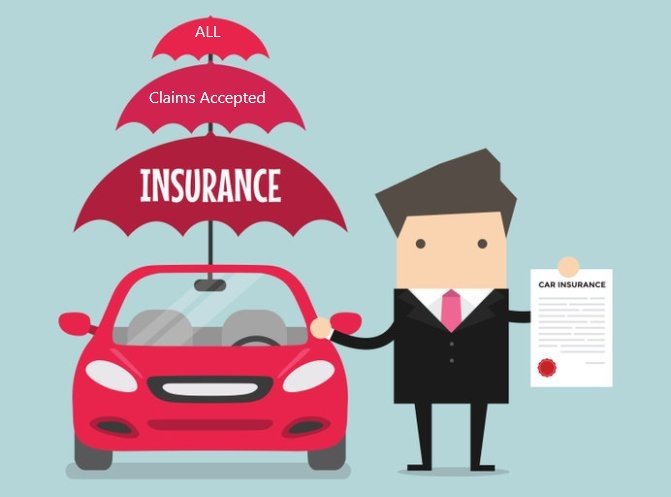
This system’s most troubling feature is the lack of transparency. The majority of their policies believe that when they call the claims department, representatives of the insurance company attends to their issues. Sadly, this is not true. They are most of the time talking to a third party vendor——Safelite——whose business interests do not coincide with those of the hollow and blind customers.
Such form of representation is simply consumer deception in some manner. Even if the aim is to streamline claims, and minimize the expenses for the insurance companies, the end result is a powerless consumer who does not have the means to make the right decision. In scenarios where customers are told that any shop can be chosen, the customers don’t listen to the phrases that are used whereby the interactions are mostly aimed at achieving a certain result.
Safelite possesses personal insurance data of the calling customers that boosts its edge over independent competitors. These raises concern over data privacy and conflict of interest issues with Safelite who stands as both the administrator of the claim and a competitor in the services market.The Need for Greater Oversight and Consumer Education
Advocacy groups and auto-glass industry regulators need to work together to increase transparency and heighten responsibility. One idea is to mandate clear disclosures at the start of every claims call. For instance, every Safelite representative should legally inform each customer who they are and remind them of their right of choice.
Insurance companies should also have higher standards imposed on them in relation to vendor neutrality. Instead of completely ceding the claims process to a preferred partner, insurers could issue accredited lists or let customers pull claims from a neutral database.
Apart from regulation, protection from the lack of controls comes from having consumers well-educated. Customers holding insurance policies should be informed about the right of choice and the means of exercising it correctly. Local glass shops, industry associations, as well as the state’s department of insurance can participate in these outreach programs to educate customers and help build their confidence.
Final Thoughts
Choosing an auto glass provider is a basic consumer protection. This right, however, is violated due to the partnership between Safelite and insurance companies, especially when customers are unknowingly talking to Safelite representatives who are motivated to give business to Safelite. This sort of practice is not always illegal, but it raises moral concerns and is harmful to independent firms and consumers.
Improving transparency of the auto glass repair industry, increasing regulations, and better educating the public will strengthen the market. Only then can customers make decisions based on quality, value, and service as opposed to the influence of an overly persuasive corporate-connected insurance claim handler.
Categories


ADAS Camera Calibration After Windshield Replacement: Why It’s Essential
July 4, 2025
ADAS Camera Calibration After Windshield Replacement: Why It’s Essential
Windshield Safety Windshield Tech
0


How to File an Auto Glass Insurance Claim: Is It Covered?
June 28, 2025
How to File an Auto Glass Insurance Claim: Is It Covered?
Blog Insurance
0


How Heat Affects Windshield Cracks & Summer Road Trip Safety Tips
June 22, 2025
How Heat Affects Windshield Cracks & Summer Road Trip Safety Tips
Blog Road Safety Tips Tips Windshield Repair
0


Top 10 Windshield Repair & Replacement Myths Drivers Need to Know
May 22, 2025
Top 10 Windshield Repair & Replacement Myths Drivers Need to Know
Blog Tips
0

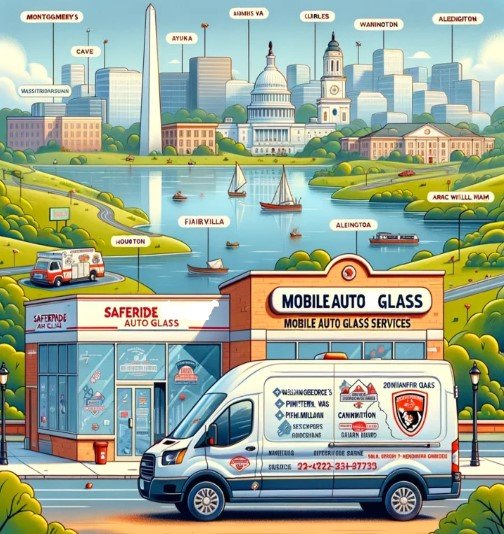
Essential Aftercare Tips for Newly Replaced Windshield
May 21, 2025
Essential Aftercare Tips for Newly Replaced Windshield
Auto Glass Replacement Blog Windshield Repair Windshield Safety
0

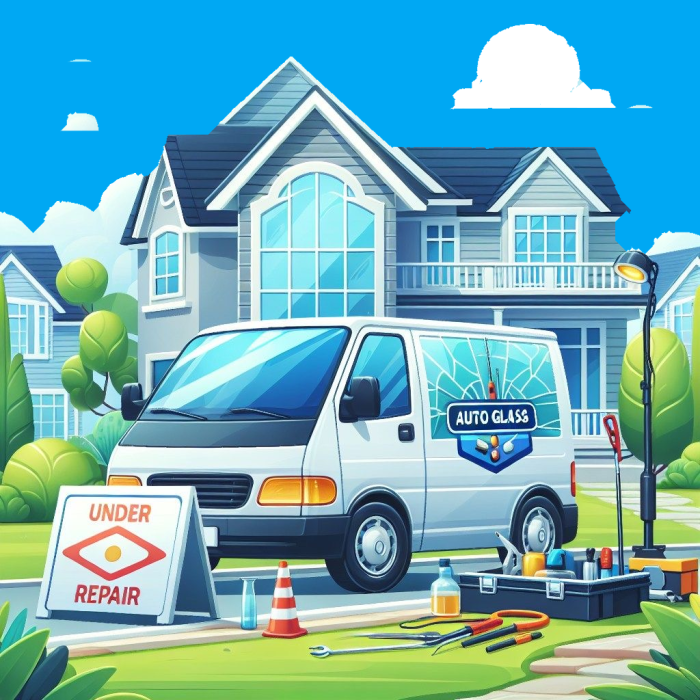
Tips to Help You Hire the Right Auto Glass Repair Service
May 20, 2025
Tips to Help You Hire the Right Auto Glass Repair Service
Blog Car Safety Tips Tips
0

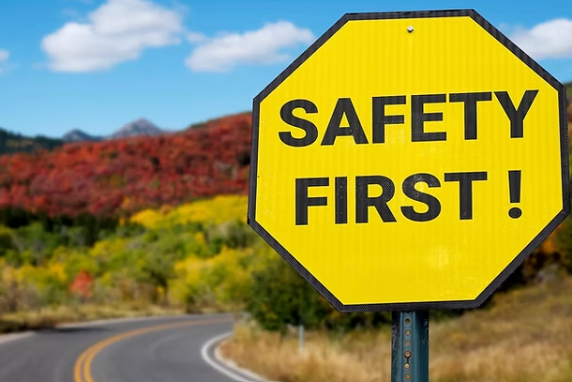
Road Safety Tips to Protect You, Your Passengers, and Others on the Road
April 20, 2025
Road Safety Tips to Protect You, Your Passengers, and Others on the Road
Blog Road Safety Tips Tips
0


Windshield Replacement Trends
April 17, 2025
Windshield Replacement Trends
Blog Trends Windshield Tech
0


Car Safety Tips
April 7, 2025
Car Safety Tips
Road Safety Tips Tips
0

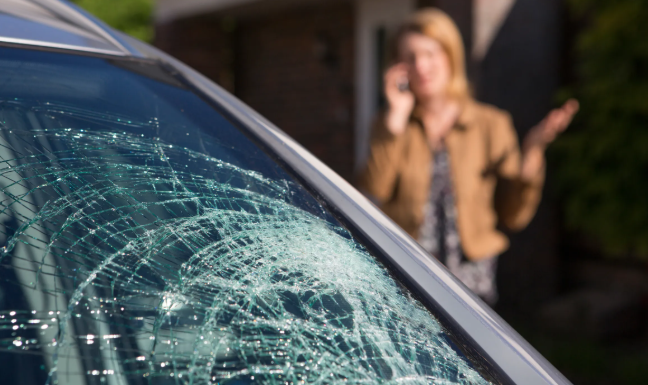
The Guide to Auto Glass Windshield Repair & Replacement Methods
April 1, 2025
The Guide to Auto Glass Windshield Repair & Replacement Methods
Auto Glass Replacement Blog Windshield Repair
0

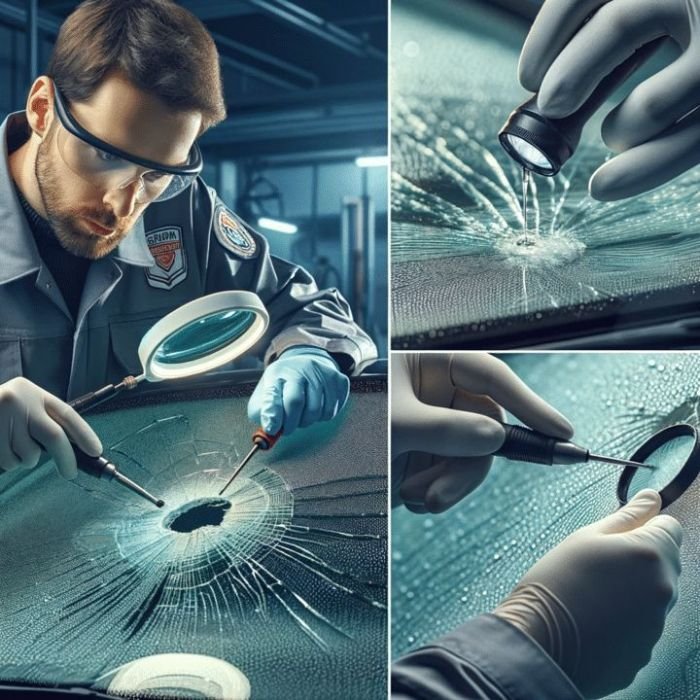
Windshield Replacement: The Right To Choose Your Auto Glass Company
March 25, 2025
Windshield Replacement: The Right To Choose Your Auto Glass Company
Auto Glass Replacement Blog Insurance
0

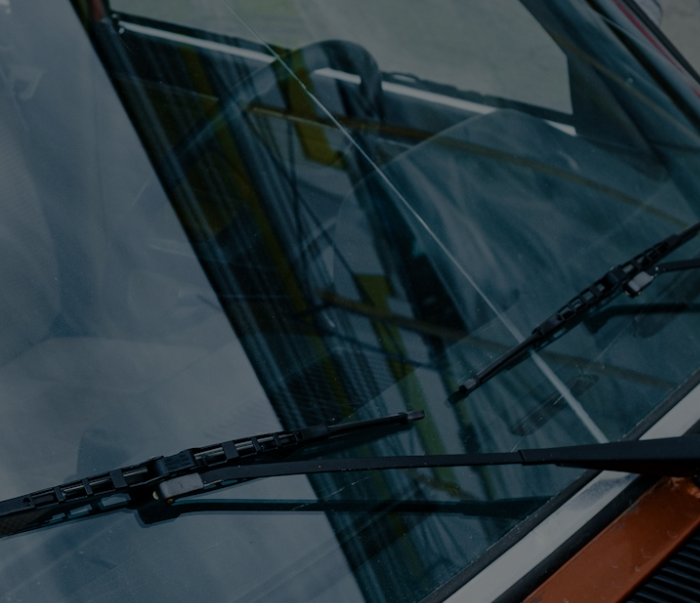
5 Things to Know About Windshield Replacement
March 10, 2025
5 Things to Know About Windshield Replacement
Blog Windshield Tech
0
